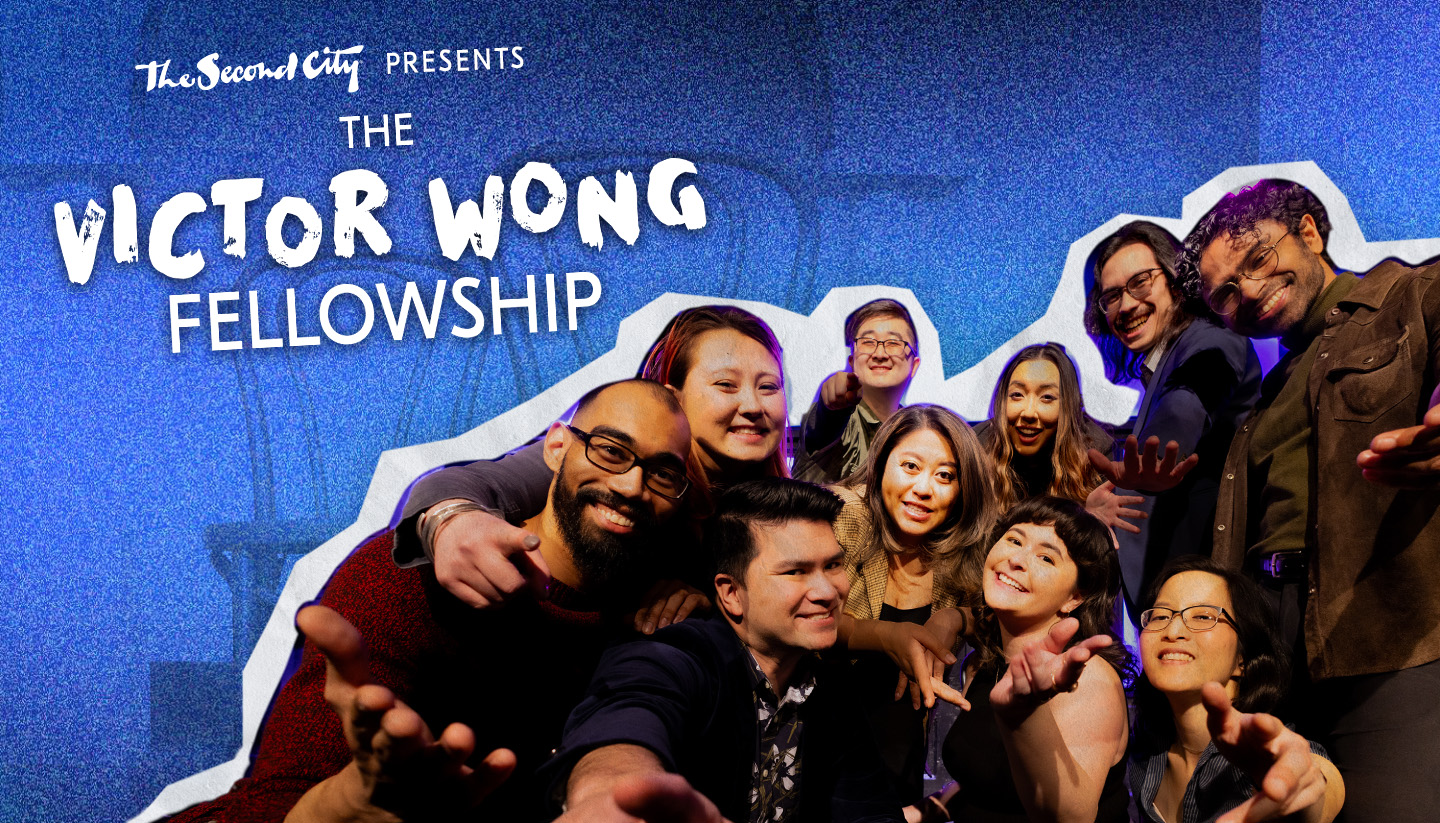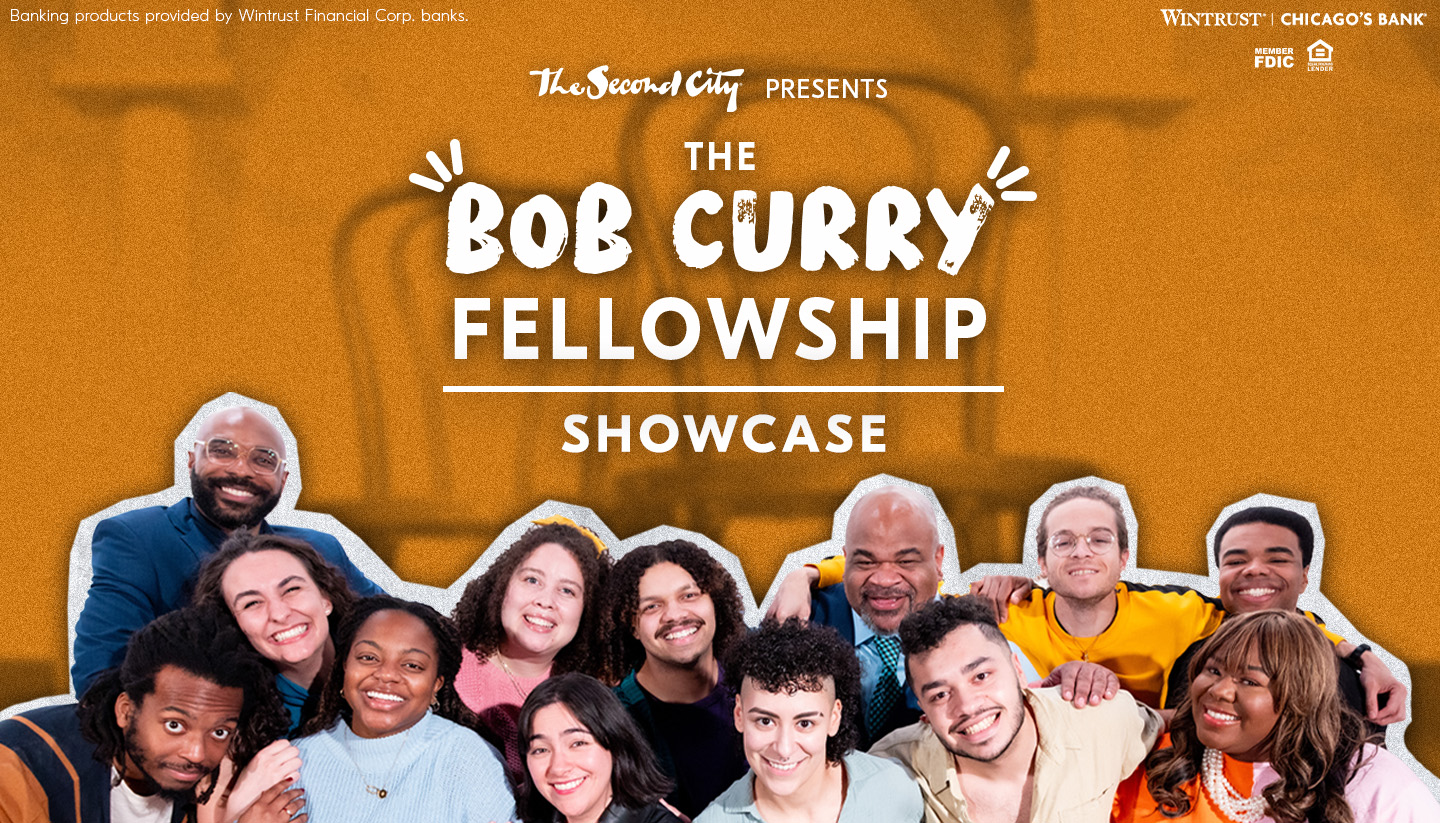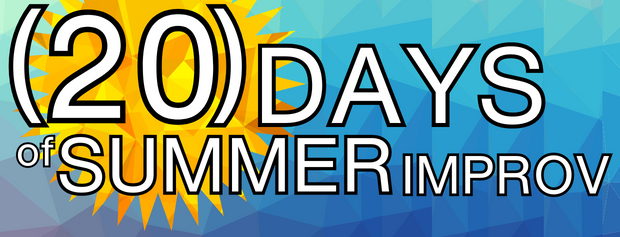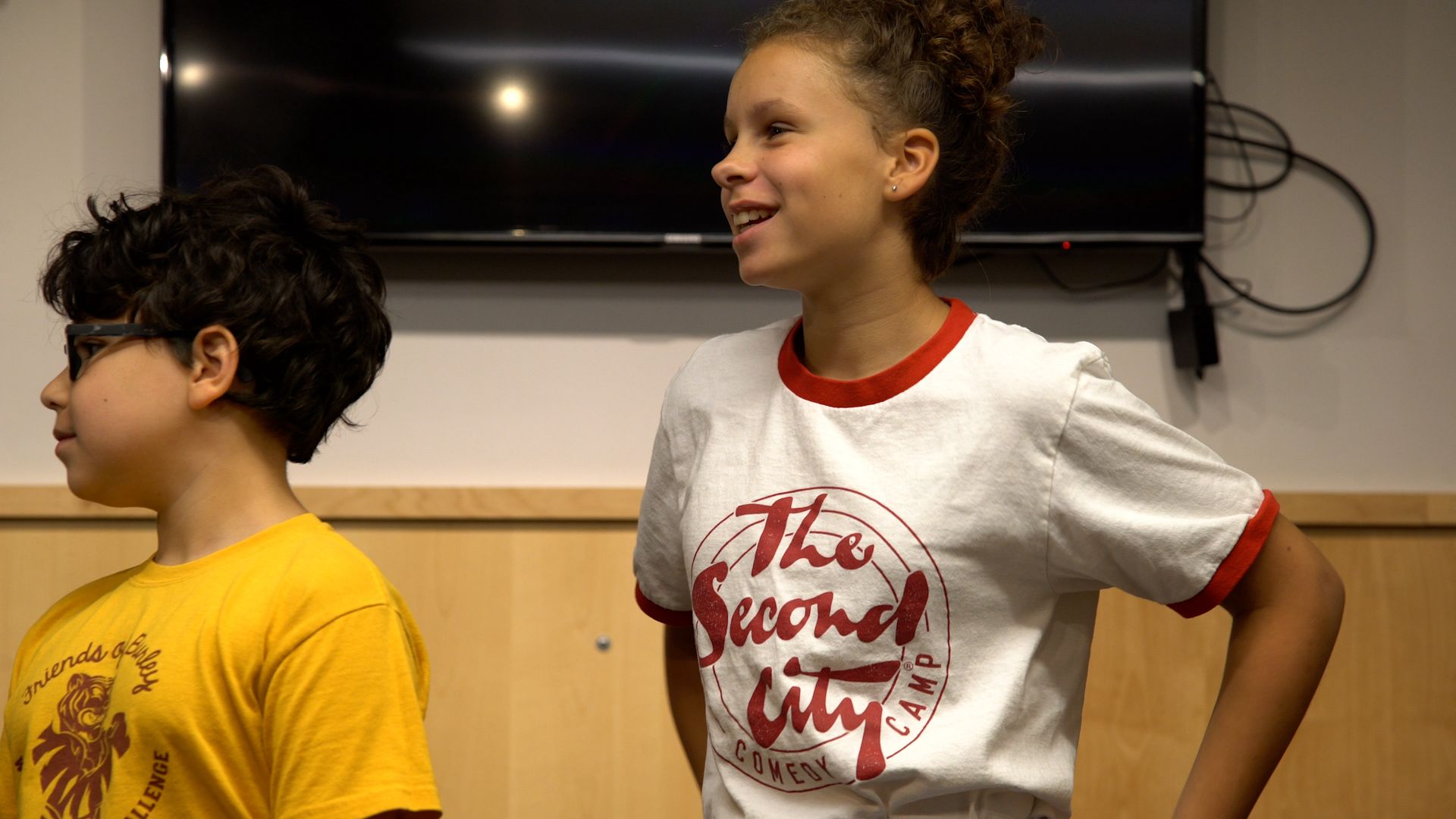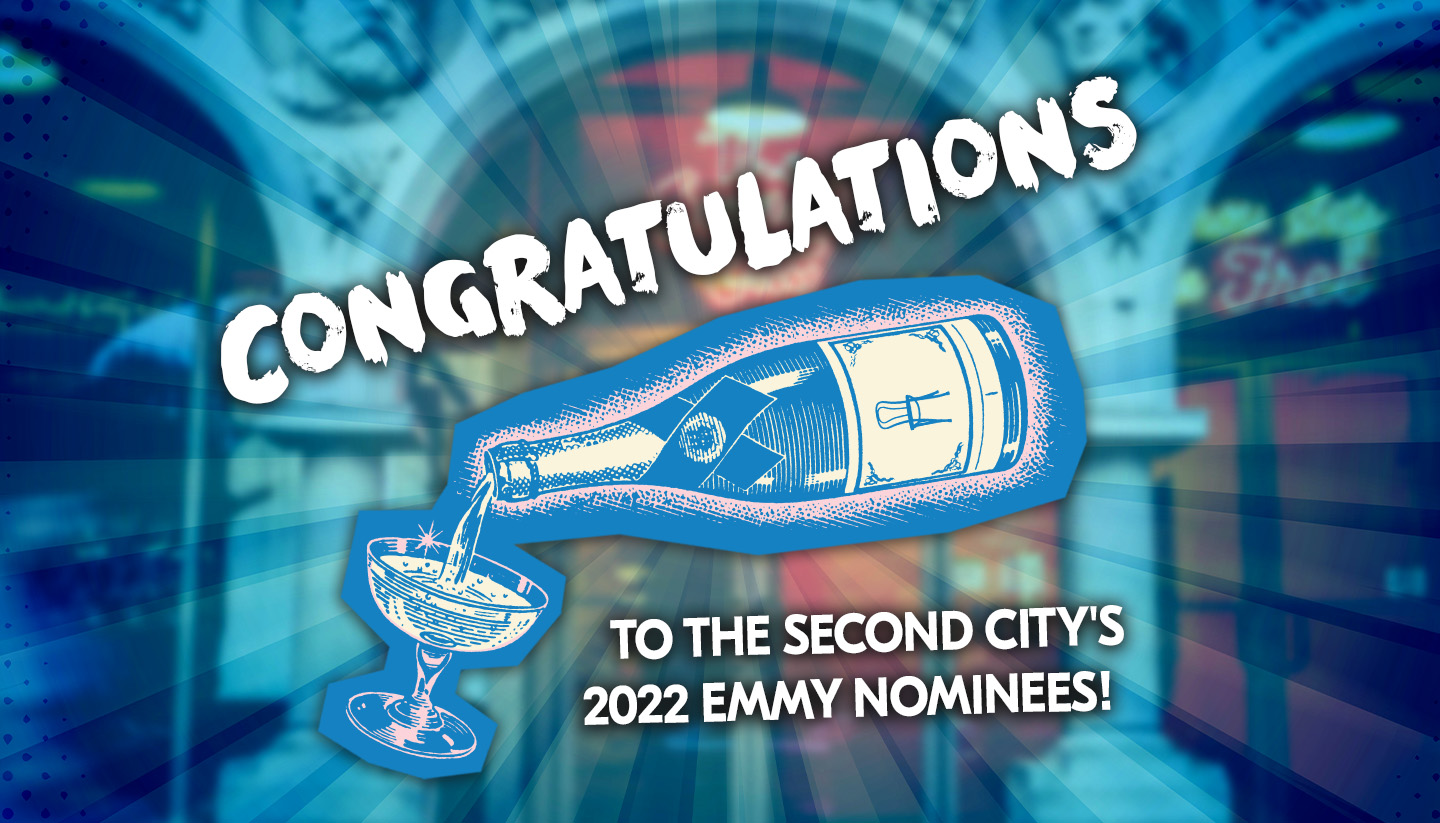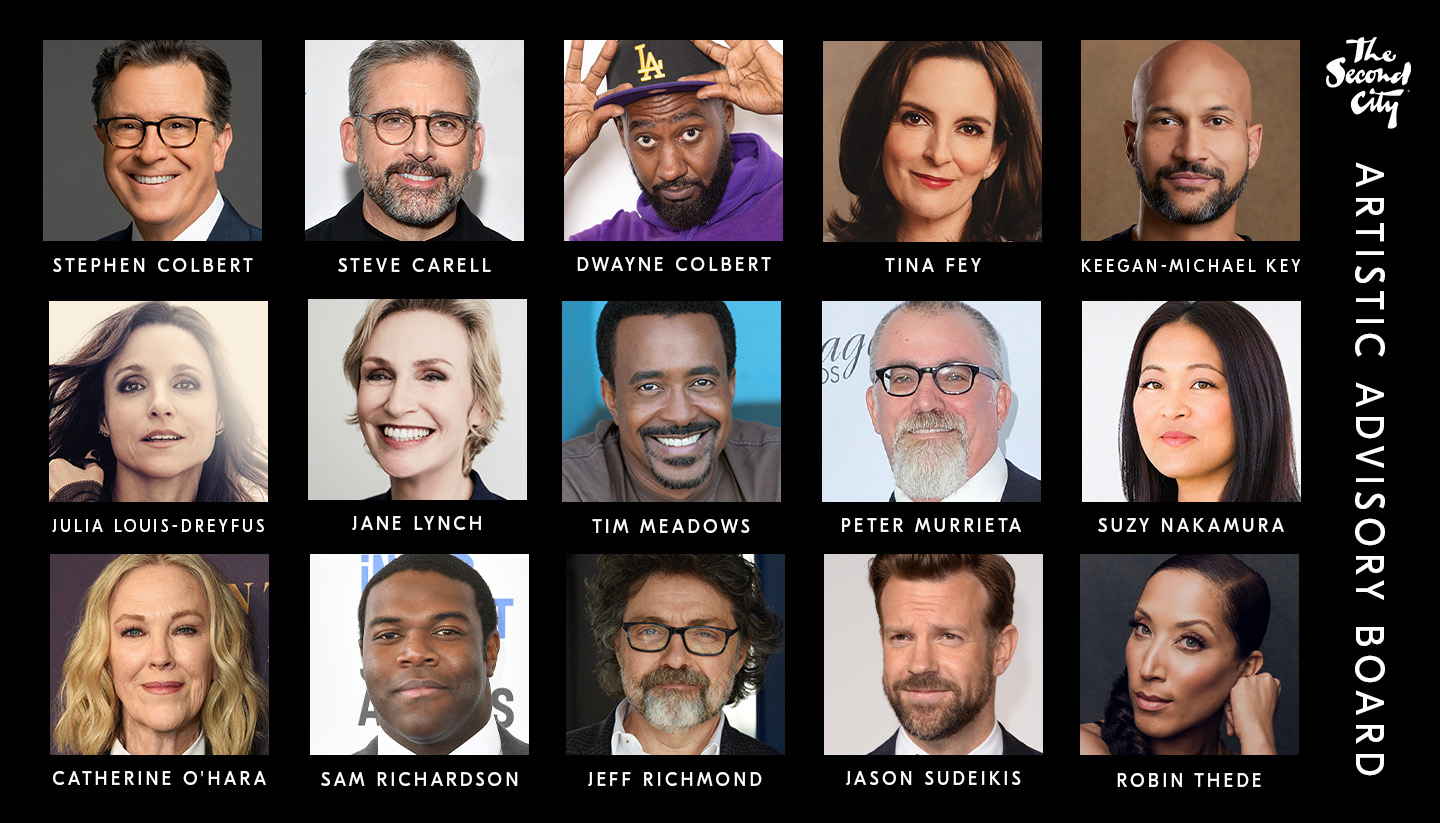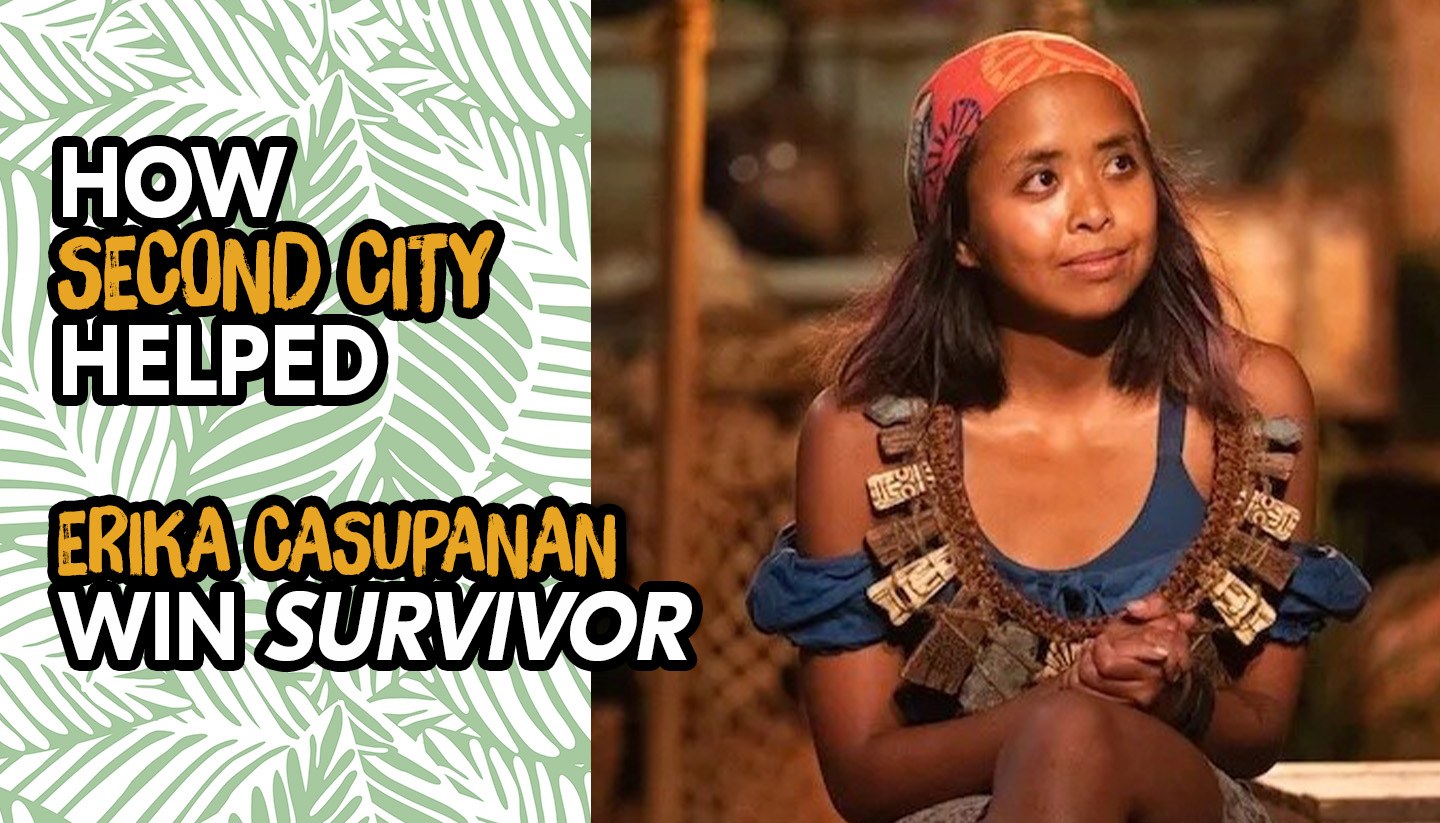Editor's Note: This article was originally posted on The Second City Network in August of 2014. We are sharing it again with the author's permission.
I would like to to apologize to all of the White people who have texted me this week asking for advice on how to talk about race. I’m sorry I did not return your texts. This has been a really fucking difficult lifetime week to be Black.
So, as “requested,” and in light of recent events, here is a handy pocket guide to talking about race.
DO listen more than you speak.
DON’T make the conversation about you.
99% of movies, TV shows and books are about White people. It is okay if this one conversation is not about you. You’ll be fine.
DO treat your Black friends like experts on the subjects of race and racism.
DON’T assume that because you’ve never experienced something, it doesn’t exist.
DON’T suggest that the person you are talking to might be blowing it out of proportion.
If we say something is racist, just take our word for it. You have never experienced racism, so you are not an expert on the topic. So when you say things like, “Why do Black people make everything about race? That situation didn’t have anything to do with race until you made it that way,” you sound really dumb.
That would be like me telling a new mother, “Are you sure childbirth hurts? Maybe you’re just sensitive. I don’t think it hurt as much as you thought it did. Are you sure you even had a baby?” In order for this analogy to work, you have to know that I’ve never given birth to a child. SO I HAVE NO IDEA WHAT THAT EXPERIENCE IS LIKE.
DO empathize with Black people about their feelings.
DON’T sympathize by saying you feel the same way.
Empathy sounds like, “I’m sorry you feel that way; that must be really hard. Here, I baked you a giant cookie. I hope it helps you to feel better.” Sympathy sounds like, “A similar thing happened to me once, I’m afraid of the cops too.” Stop. No it didn’t, and no you aren’t. Comparing an isolated incident to systematic oppression is trivializing (even when it comes from a place of wanting to sympathize).
Black and White people have very different experiences in this country. That is just true. If we pretend it isn’t true, we can’t fix it. Also, no one wants to hear about how your hair “gets reeeeally frizzy when it’s humid, too!!”
DO acknowledge other people’s truths, even when they make you uncomfortable.
DON’T derail the conversation.
The devil does not need an advocate. And we already know that not ALL White people are racist. You don’t need to point any of this out. Just because we are talking about race doesn’t mean we are calling YOU racist.
Unless you did something racist.
If you recognize yourself—or something you’ve done—in a statement or behavior that is being called out as racist, maybe take some private time to think it over before automatically yelling about how you couldn’t possibly be racist. If you live in America, there is a possibility that you have absorbed some racist ideas from the racist atmosphere. Just like if you’re a fish, you probably absorbed some water from living in the ocean. Admitting it is the first step to recovery.
DO create space for Black people’s expressions of emotion by avoiding statements like “calm down” or “don’t be so angry” or “don’t attack me for asking a question.”
DON’T cry.
Ok, I guess it sounds like I’m contradicting myself. Because I am. But seriously, nothing is more annoying than when White people cry during conversations about race. I know this shit is sad. But try to hold it in. When you cry, you are basically asking that we stop our conversation about an important issue to take care of your feelings. And then someone will probably send you a gif of Kermit the Frog sipping your white tears from a mug, and that shit will make you feel foolish as hell.
Also, for the record, a Black person maybe not being as polite as you’d like in an emotional conversation about race isn’t an “attack.” The word “attack” is more correctly used to refer to something like, oh, I don’t know, getting shot at by a police officer when you are unarmed. Something like that.
DO amplify the signal.
DON’T change the subject.
Riots Revolutionary actions happen when a community has exhausted all other options in trying to find relief. People have been fighting this fight for years and are now using last resort tactics. We need White allies to help us fight because, to be blunt, if only Black people care about this, it will never change.
But please—let us define the conversation. Don’t change the subject. Now is not a great time to point out to us that maybe if some of us dressed differently, or listened to different music, or asked the cops nicely, maybe they would stop killing us. God help you if you use the term “Black on Black crime” right now. Please do not change the subject to looting. A few isolated instances of looting AFTER the police killed an unarmed teen doesn’t mean we shouldn’t talk about the part where the police killed an unarmed teen… as part of a growing trend where police have killed or beaten unarmed Black people in the past couple of months forever.
To put it another way, the looters were arrested, and will stand trial, before a jury of their peers (aka us) to determine if/how they should be punished for committing a crime. That is how justice is supposed to work in this country. That is going exactly as it should (kind of, historically Black people receive much harsher sentences than whites for the same crime but… we’ll talk about that later. Baby steps). Our time is better spent right now talking about police officers who are appointing themselves judge, jury and executioner before citizens are even charged with a crime. Those out of control officers are denying you your constitutional right to be a jury of peers. And that is something we should all be very concerned about.
Now is a good time to come together to talk about what we can do to ensure that our country finally begins to live up to the promises and protections of its constitution for all of its citizens—equally.
Ashley Nicole Black (@ashleyn1cole) is a writer for Full Frontal with Samantha Bee and recommends reading The New Jim Crow by Michelle Alexander and Ta-Nehisi Coates’ “The Case for Reparations.”

 Shows & Tickets
Shows & Tickets  Chicago Venue Info
Chicago Venue Info  Classes & Education
Classes & Education  Second City Works
Second City Works  Second City Network
Second City Network  Our Legacy
Our Legacy 





